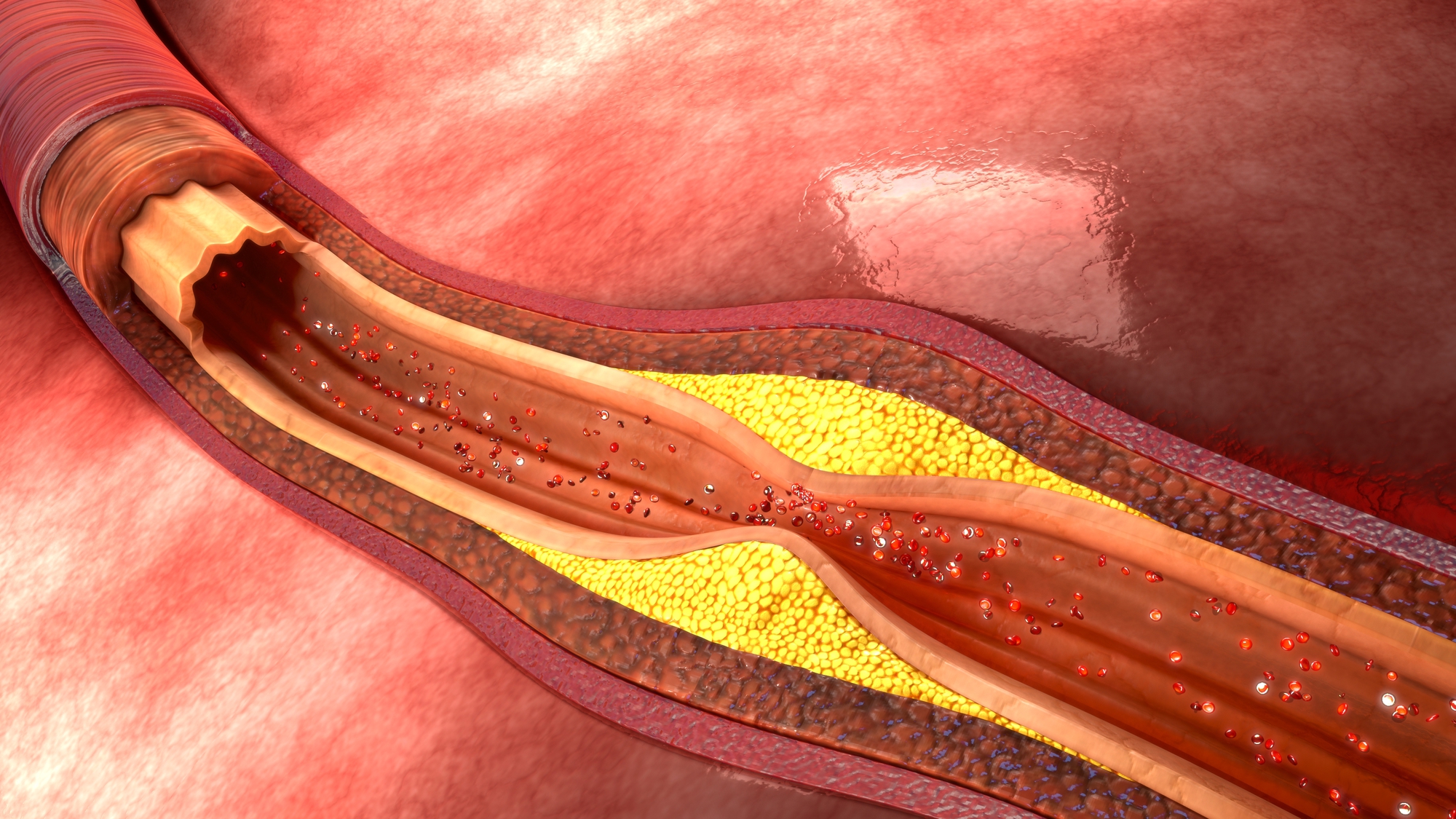Natural Polyphenol Shows Promise for Colon Cancer
Colon cancer is one of the most common cancers in the United States, with more than 100,000 new cases diagnosed each year. It’s also the third leading cause of cancer-related death in men, and the fourth-leading cause in women, contributing to more than 50,000 deaths each year. While treatments haveRead











